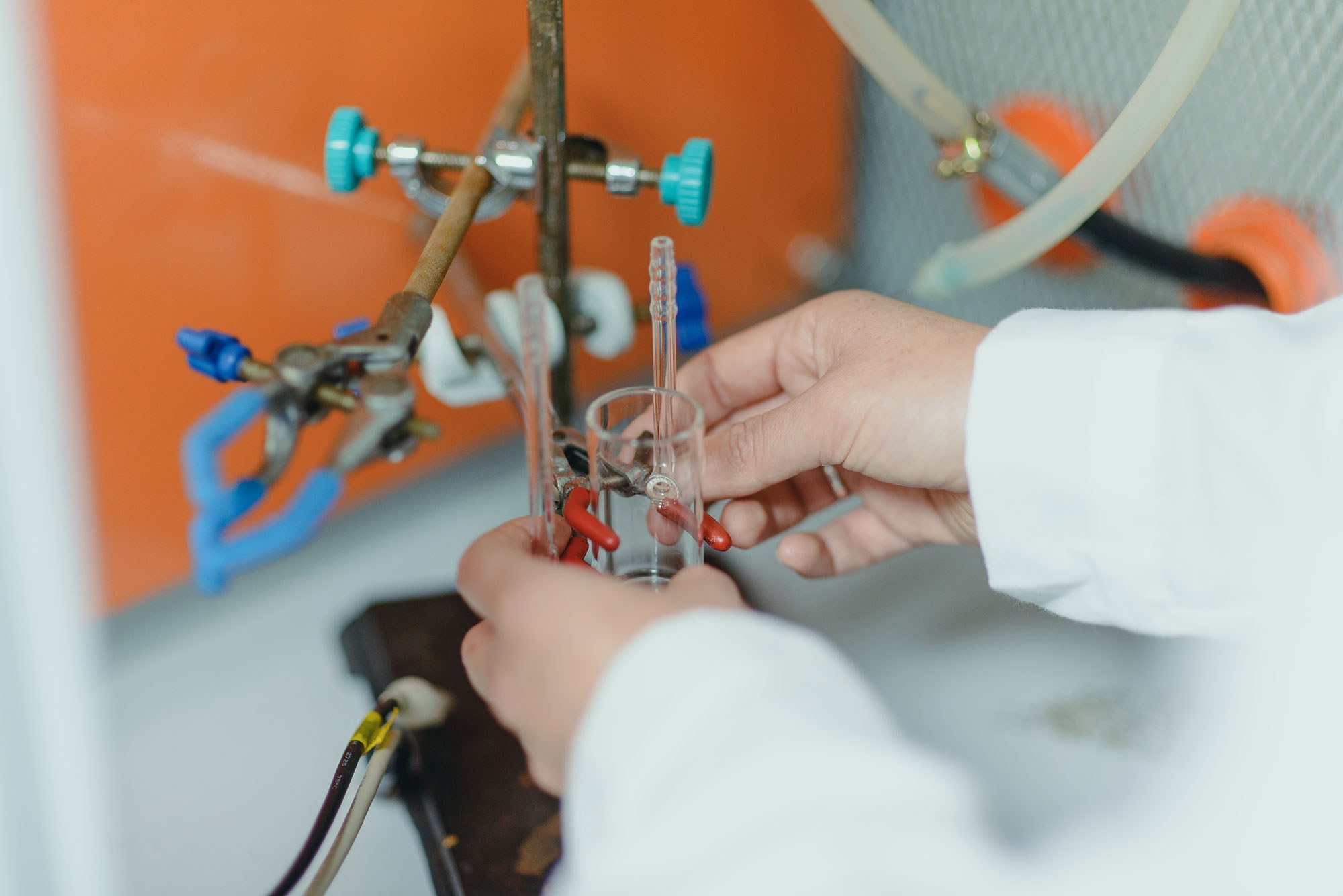Sedlakova, V., Ahumada, M., Suuronen, E. J., & Alarcon, E. I. (2021). Building new cardiac vasculature and myocardium: where are we at?. Current Opinion in Cardiology, 36(6), 728-734. https://doi.org/10.1097/HCO.0000000000000905
Purpose of review: This review describes the latest advances in cell therapy, biomaterials and 3D bioprinting for the treatment of cardiovascular disease.
Recent findings: Cell therapies offer the greatest benefit for patients suffering from chronic ischemic and nonischemic cardiomyopathy. Rather than replacing lost cardiomyocytes, the effects of most cell therapies are mediated by paracrine signalling, mainly through the induction of angiogenesis and immunomodulation. Cell preconditioning, or genetic modifications are being studied to improve the outcomes. Biomaterials offer stand-alone benefits such as bioactive cues for cell survival, proliferation and differentiation, induction of vascularization or prevention of further cardiomyocyte death. They also provide mechanical support or electroconductivity, and can be used to deliver cells, growth factors or drugs to the injured site. Apart from classical biomaterial manufacturing techniques, 3D bioprinting offers greater spatial control over biomaterial deposition and higher resolution of the details, including hollow vessel-like structures.
Summary: Cell therapy induces mainly angiogenesis and immunomodulation. The ability to induce direct cardiomyocyte regeneration to replace the lost cardiomyocytes is, however, still missing until embryonic or induced pluripotent stem cell use becomes available. Cell therapy would benefit from combinatorial use with biomaterials, as these can prolong cell retention and survival, offer additional mechanical support and provide inherent bioactive cues. Biomaterials can also be used to deliver growth factors, drugs, and other molecules. 3D bioprinting is a high-resolution technique that has great potential in cardiac therapy.
Manuel Ahumada
manuel.ahumada@umayor.cl


